Pulmonary Microbiome May Identify Patients With High-risk Lymphangioleiomyomatosis
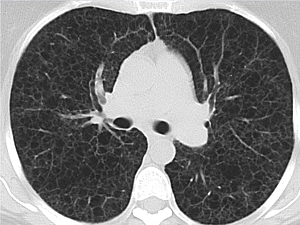
Souheil Y. El-Chemaly, MD, and Julie Ng, MD, of Brigham and Women’s Hospital, and colleagues conducted the first study to examine the lung microbiome of patients with lymphangioleiomyomatosis (LAM) who were at high risk of disease progression or death.
Read More...
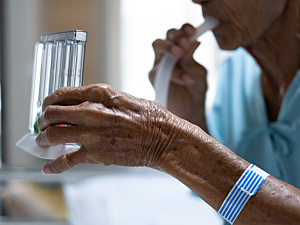

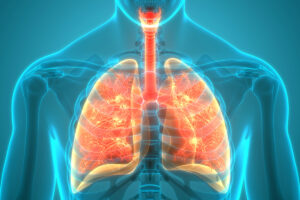
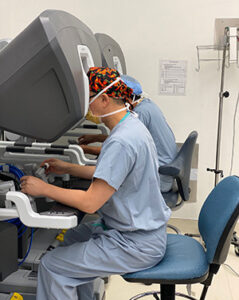


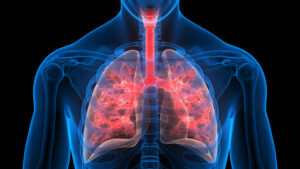 Hospitals across the country pushed the pause button on elective surgeries and non-emergency procedures during the early days of the COVID-19 pandemic. However, patients requiring lifesaving organ transplants couldn’t wait. To meet these patients’ urgent needs, the transplant team at the Brigham and Women’s Hospital
Hospitals across the country pushed the pause button on elective surgeries and non-emergency procedures during the early days of the COVID-19 pandemic. However, patients requiring lifesaving organ transplants couldn’t wait. To meet these patients’ urgent needs, the transplant team at the Brigham and Women’s Hospital 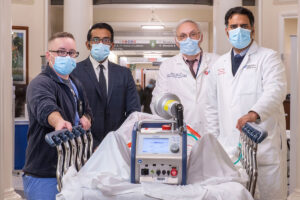 At Brigham and Women’s Hospital,
At Brigham and Women’s Hospital,